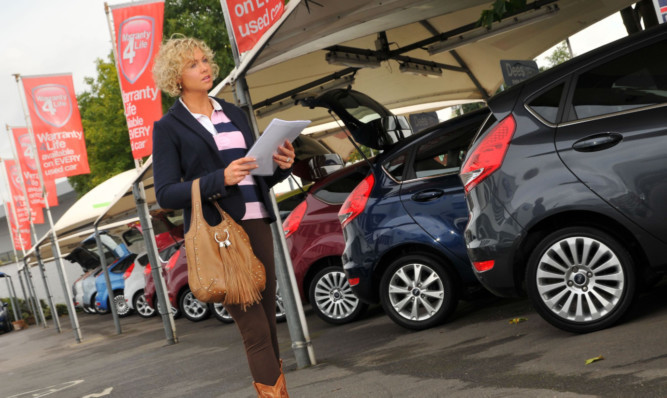Today’s consumers have become accustomed to paying for goods and services on monthly subscriptions mobile phones, gym membership, TV, insurance and more. Now owning a new car could become a thing of the past as greater numbers of customers opt for car leasing.
That’s the view of Glass’s, the largest vehicle data provider in Europe and publisher. Car leasing has always been popular for business drivers but as leasing deals have become more attractive, there’s been a step change in the notion of owning a new car with more drivers opting for pay monthly deals.
Rupert Pontin, Glass’s head of valuations, said: “Consumers, especially what you might call the younger, ‘direct debit generation’ have become accustomed to buying a large range of often high-priced products and services on a pay monthly basis. Phones are the obvious example but there are many other sectors where this is now prevalent from software to medical insurance and entertainment. Why not cars?
“Since 2012, the number of buyers opting to lease their car has risen significantly. Once buyers start leasing, they tend to switch permanently. The chances of them opting to buy their next car, either outright or with a loan, is low.
“Against this backdrop, a low-cost monthly lease payment for your vehicle makes a lot of sense. It is a trend that we can see no reason will lose momentum or reverse. Owning a car will very likely become a thing of the past for most.
“There will be exceptions to the rule. Those with cash to hand will still buy but, with even a fairly run-of-the-mill family hatch easily costing £15,000-£20,000, there will be not too many of these.
“Others will be those with a personal bias against leasing. These will tend to be older customers who are more resistant to using the pay monthly model in general.
“Finally, there will be those who plan on keeping their car for longer than a usual three or four-year lease cycle.”
